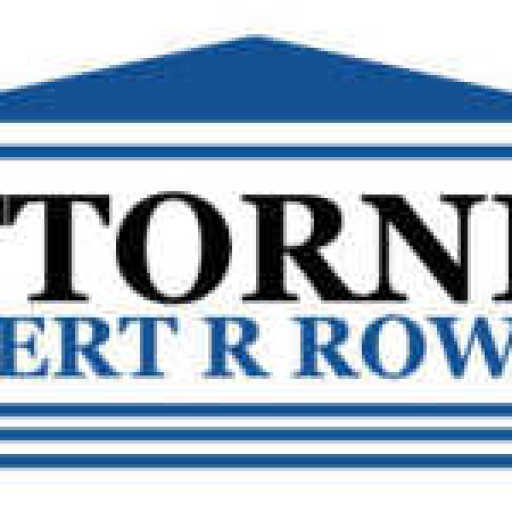
The 2012 Washington State Legislature regular session concluded on March 8. Bills were enacted that affect mortgage loan origination and servicing . As the legislative session proceeded, various foreclosure-related bills merged into Engrossed Substitute House Bill 2614 (“ESHB 2614”). ESHB 2614 affects: short sales, the Foreclosure Fairness Act, rights of a foreclosure sale purchaser to assign title and a process to rescind a trustee foreclosure sale.
ESHB is 2614 is Washington’s first voyage into regulating short sales. The new short sale law only applies if: 1) the debt secures a single family residence; 2) it is the borrower’s principal residence; 3) the borrower is an individual; and 4) the debt was primarily for personal, family or household purposes.
If the four prerequisites are met and the beneficiary or mortgagee intends to release its lien for less than the payoff, then the lien holder must provide the borrower(s) with written notice of: 1) whether the lien holder “waives” or “reserves” the right to collect the deficiency balance; 2) the deficiency balance owed as of the date of the letter; and 3) advise the borrower(s) that the deficiency balance is forfeited unless the lien holder sues for collection within three years from the date of releasing the security interest. The statute provides a suggested form letter.